Sessions / Zoom 6
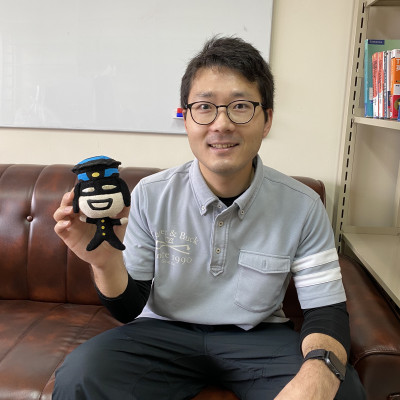

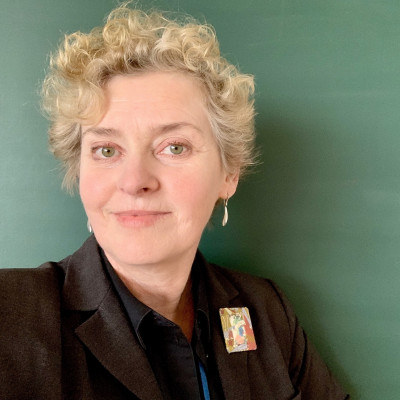

Building an Accessibility Support Network #1224
As learner needs become more apparent, diverse and complicated, teachers’ resources and strategies need to reflect these changes. The Act for Eliminating Discrimination against Persons with Disabilities (2016) mandated the provision of equal educational opportunities for all learners, including those with special needs. University education is no exception. JASSO (2020) reported that the percentage of students with special needs in higher education rose by 50% in the last five years. This increase has started to raise the awareness among language teachers of inaccessibility to resources and that their teaching methods need to be modified accordingly. Even as LMS and online learning have improved accessibility and moved towards the creation of a virtual ‘barrier free’ classroom, there remains a strong need for support and collaboration. This forum will relate individual stories and experiences to a needs analysis framework for the purpose of assessing contexts and sharing strategies and resources. By creating a support network and database of resources, experiences and expertise, educators can work together to address the diversity of needs reflected in today’s classroom. The goal of this forum is to build on the establishment of an accessibility support network for language teachers and school administrators.




Story Telling in A1-A2 Across Languages and Cultures #1331
The presentations in this forum will not only demonstrate how storytelling is handled in different languages and cultures but also how the same topic is taught (differently) in German, Spanish, and Thai language. ‘What to do about or where to put the elderly’ is the original and common theme which has been developed into storytelling. This topic is pressing in every culture but at the same time tackled quite differently. The difference is reflected in the respective languages and it will become apparent through the linguistic and intercultural aspects presented.
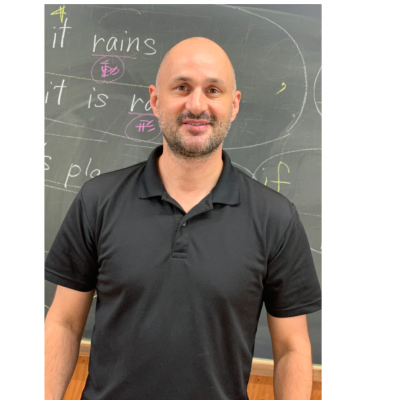
Blended-Learning: Helping teachers use technology #1346
Blended-Learning is an increasingly popular approach in education that blends the traditional face-to-face classroom with ICT-mediated coursework, independent of the teacher. Blended-learning, by careful design, can help to address challenges associated with language classrooms populated with students with varying language knowledge, skills, experience, learning goals, motivation to learn etc. Blended-learning can be used to foster an environment where students have more flexibility and autonomy over the learning process, such as more control of the pace of learning. In traditional teacher-centered lessons, some students may feel anxious or frustrated when they don’t get the time and support needed to fully understand concepts or classroom activities before moving on to the next. Conversely, other students can become bored and demotivated waiting to move forward. Teachers can better support individual students when other students are able to work independently.
As Information Communications Technology (ICT) infrastructure improves in elementary, junior and high schools in Japan, many teachers can benefit from supportive opportunities to develop their knowledge, skills and experience in using new ICT-mediated instructional methods. Five teachers ranging from elementary to junior high school utilized the PDCA Cycle (Plan Do Check Act) to develop their knowledge, skills, and experience in utilizing Blended-learning. The presentation will outline challenges, obstacles and benefits faced by teachers when using blended-learning in their own teaching contexts.
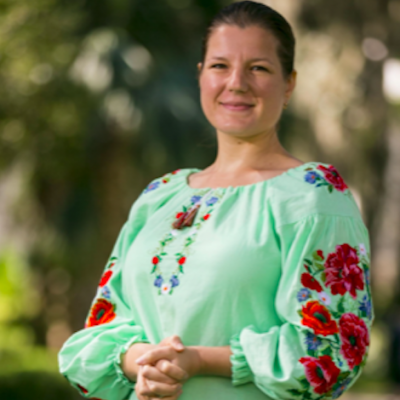
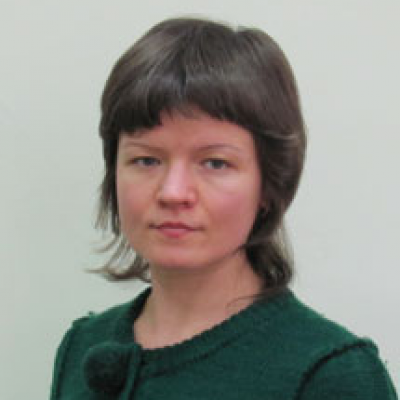
Young learners' world exploration at EFL classes #1334
Online teaching of foreign languages in terms of early childhood education has resulted in re-envisioning of the content and instruction approaches. As it has been suggested in a Ukrainian research study (Sharkova, 2007) young learners should be equipped with the mental tools that teach them to think, develop their imagination, and turn new vocabulary acquisition into an active cognitive process. The examples of intellectual activities directed at meaningful processing of the information can be grouping pictures of animals, plants, various objects according to their physical attributes or other characteristics. Educators can create “paradox images” (e.g., half of the sun is green) and ask learners to correct mistakes or complete pictures. Schematic arrangements of things (like animal world map, city park designs, Christmas tree decorations, etc.) which contain hidden objects or mismatching elements stimulate memory, attention, child’s cognitive development. In fact, foreign language learning provides an important context that gives children an opportunity to observe and investigate, test theories, solve practical problems, achieve results, and analyse them. Our research study has shown that memory performance as well as childrens’ attitudes towards learning new languages is influenced by these and other types of non-verbal activities which will be discussed during this presentation.

Fostering Students’ ICT Skills Through English #1298
Due to COVID-19, attention toward ICT in teaching has grown exponentially. In Japan, the MEXT-funded GIGA School Project (Global and Innovation Gateway for All) has funded schools to supply every student with personal digital devices in order to promote continuous learning inside and outside of the classroom and to prepare children for Society 5.0 (Cabinet Office, 2017). As full funding was only made available to schools who implemented the project in the 2020 school year (MEXT, 2019), many have rushed implementation, leaving teachers, especially in elementary schools, without clear strategies on how to effectively use these new tools in the classroom to foster students’ digital skills. This presentation will explore how practitioners can make the most of these rapid changes to improve the quality of foreign language education, from the perspective of proactive, interactive, and authentic learning. In particular, it will cover new activities, highlight differences with more “analog” lessons, and point out challenges students might face. Specifically, learning suites like Google for Education, Microsoft Education, and Apple for Teachers, and how they might be implemented to foster communication and presentation skills through collaborative tasks will be covered. Implications should be of interest to practicing teachers, ALTs, and researchers.

Fun-Writing-Projects Make EFL-Students Active in Class #1364
This presentation provides attendees hands-on activities for 7-9 grade students in EFL classroom not only for in-person classes, but also for online-classes. Regarding writing, input-activities are indispensable for students to output their opinions, choices, and ideas. Therefore, they should be suitable and practical for students. To make both input and output activities for writing, what do teachers need? Presented in the session are samples of writing activities include stepped-writing, mini-debate, publication platforms on Padlet, and classroom journals to show how and why these are important for EFL students. In addition, audiences can explore the process of making the writing activities to tailored to the learners’ contexts to boost their communicative skills both in-person and online lessons. At the end of this presentation, the speaker will show the writing essays and works done by students aged 13 to 15 in the small private language classes to implicate how the writing process worked through these writing projects. Furthermore, results for the formative assessment and performance tests will be shown to examine the effects of this writing project.


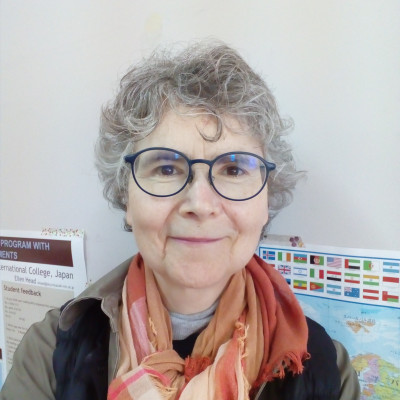







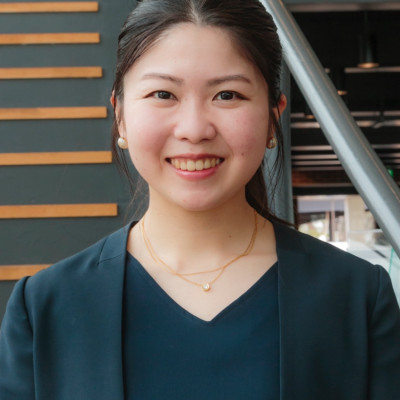
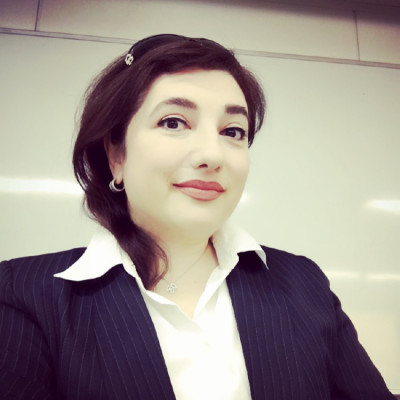


Challenges in Multilingual Learner Development #1231
Connecting with the theme of “Local and Global Perspectives: Plurilingualism and Multilingualism,” this forum will feature presentations that explore the development of linguistic diversity in learners’ lives and environments, whether within formal education or in the wider world. What affordances and constraints do learners face in developing their linguistic repertoires beyond a simple binary of first and second language? What challenges do they face as multilingual learners and users in participating in different communities and in becoming more autonomous? What peculiar trajectories do learners’ language biographies take, and what dilemmas, questions, or puzzles do they have? Why? In this Learner Development SIG Forum at PanSIG 2021, we would like to explore the challenges and benefits of learning and using multiple languages from diverse perspectives. The forum will feature timed rounds of interactive presentations followed by reflective writing and discussion. Presenters and participants will also be invited to contribute writing and related multimedia resources to the LD SIG’s newsletter, Learning Learning.





Teaching Younger Learners Forum #1245
Collaboration between students and teachers in the classroom is an important part of allowing younger learners to take control of their learning. The autonomy that we allow as teachers helps our students personalize their educational experience and frees up time for more one-on-one attention. This type of classroom also helps students with motivation and thereby eliminating much of the classroom control problems we face. With a student-centered classroom, teachers have more time to work individually with students in a more meaningful way. Good collaboration in the classroom also creates an environment that is surrounded by mutual achievements. In this presentation, the focus will be on teachers working together with students in a collaborative fashion to achieve a student-centered classroom. The presenters will provide useful ideas to help free the bonds of a teacher-centered classroom and provide a guide to a more student autonomous pedagogy. This will be done by giving examples and referencing research into student autonomy, intrinsic motivation, classroom control, and personalized student assessment.


Kon’nichiwa and Aloha: An Asynchronous Virtual Exchange Program #1383
Information Communication Technology (ICT) and ICT-based learning methods can support students to take charge of their own learning. The most significant benefit of asynchronous learning is its flexibility, allowing students to complete tasks at their own pace, with room to refine their work without immediate pressure. A common criticism of asynchronous methods are the purported lack of ‘communication’ that is particularly important in language learning. Haythornthwaite (in Hrastinski, 2008) states that three types of communicative exchanges are important in sustaining e-learning communities: content-related exchange, planning of tasks, and social support. In particular, social support, which involves companionship, emotional help, and the chance to talk about things beyond classwork, can sometimes be lacking in asynchronous lessons.
This presentation describes an asynchronous virtual exchange project between young learners in Japan and Hawaii that addresses content and tasks, as well as the social aspect of ICT-based learning.This presentation will tackle the process, challenges and reflections of the teachers and students involved.

Moral and logical developments for identities: Senses of human rights, global issues, and career passes #1345
Identity theory has been advanced for defining who we are in understanding all aspects with interpretations of our minds (Burke & Stets, 2009; Ryle, 1949). We have to think about what to do step by step without making terrible mistakes in difficult situations we face; however, we can successfully change our behavior if the ability of organisms satisfies the pragmatic conditions on how we act (Austin, 1962). Certainly, moral education has mainly played a pivotal role in the realization of identity; however, logical developments in thinking have hardly been engaged in debate. This presentation develops a way to understand the possibility of mental developments that James (1980), Piaget (1962), Vygotsky (1986), and Levinson (2000) have established. Piaget discerned the elements of developments of minds, providing an illuminating discussion that “the child learns to imitate, and this learning process, like any other, raises all the problems involved in sensory-motor and mental development” (1962, p. 5). In addition, Vygotsky (1986, p. 96-97) put forward the idea on ways of learning, giving an explanation filling a gap between two concepts of contrasts as “variations” and “abstraction” as the same thing as mental functions other psychologists defined. Furthermore, Levinson (2000, p. 166) highlighted that “generalized conversational implicatures seem to play a role in the assignment of truth-conditional content.” The aim of the presentation is to share a procedure for teaching and a lesson plan to grow the self in education; therefore, the study is focused on the hypothesis that thinking can be developed.

SIG Coordinators Meeting #1439
Please come so we can catchup on what is going on and have a short meeting where we will discuss issues related to SIGs. Also, we can talk about how the conference went.